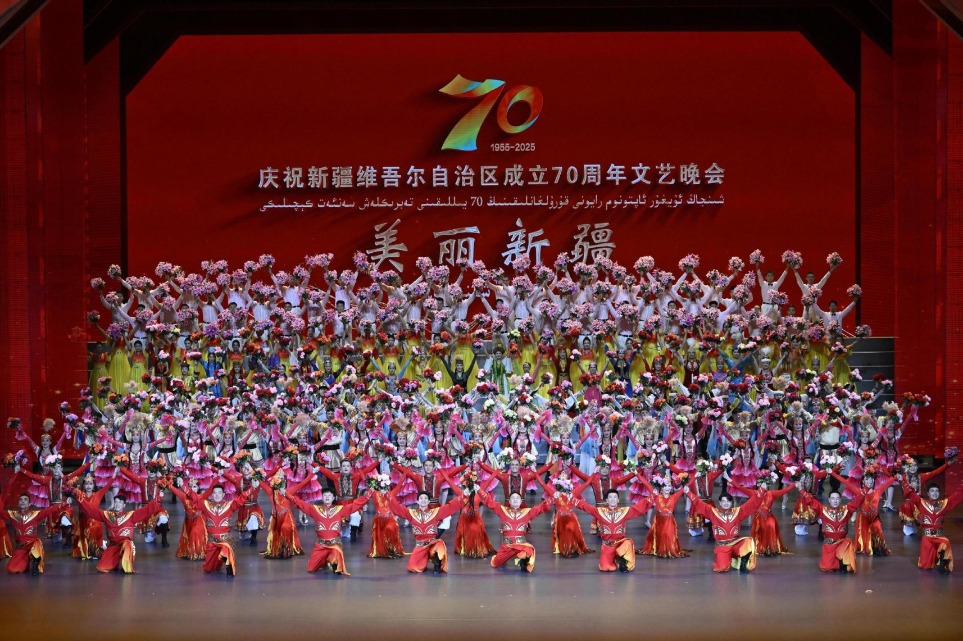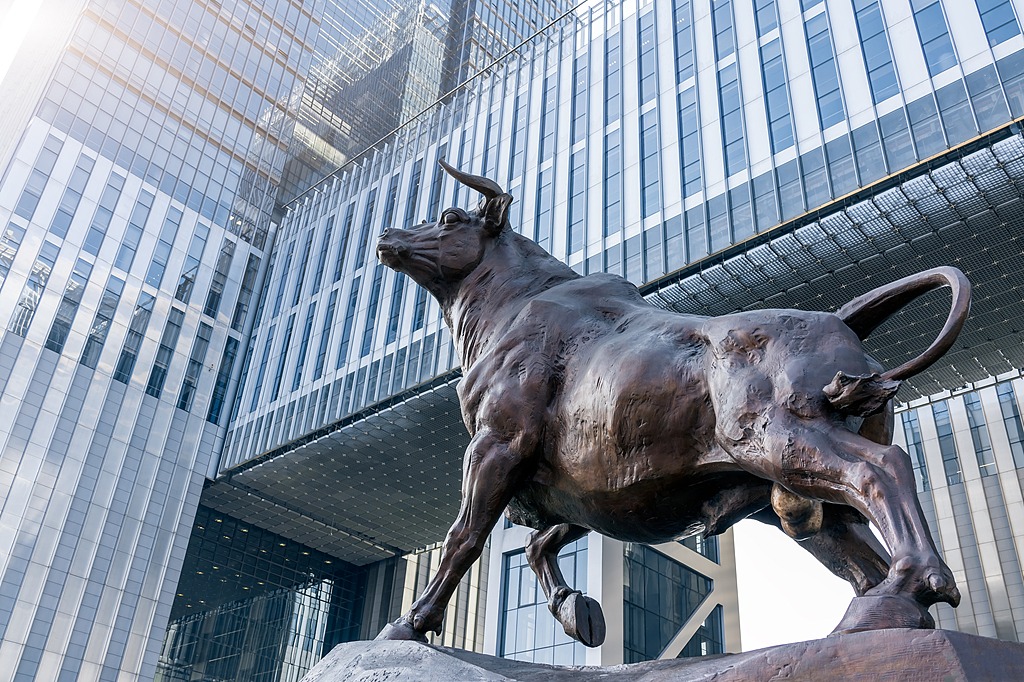EU's stance on EVs shows integrity crisis


China-European Union relations could be just as healthy as the figures in this article suggest. China is the EU's second-largest trading partner for goods, after the United States, with two-way trade reaching about 730 billion euros in 2023. In overall terms, China is the EU's third-largest destination for exports and its biggest source for imports. For the record, the EU-China trade balance is in favor of China.
Last year, the EU's deficit was 292 billion euros. There are more things that Europeans buy from China than the other way around. This may have to do with the relative level of wages, standards of living, demographic factors and fiscal issues. China has not yet reached the peak of its "stability dividend", while the EU decided to squander its "peace dividend", as it broke its promises to Russia not to allow any more eastward expansion of NATO. When politicians at the EU Headquarters in Brussels advise their pundits that foreign countries are to blame for the EU's economic problems, it is time to pause.
When the blame-game violates the interests of domestic stakeholders, the public should think twice. The EU's trade-war threats are perhaps the culmination of a failed China strategy and reflect a deep internal crisis. Four underlying conflicts are shaking the EU's integrity and rendering the relative decline of the self-fulfilling "EU-vs-China" prophecy.
First, from the perspective of liberal market economy, promoted by the EU as long as it felt self-sufficient and self-reliant, protectionism is self-contradicting and must backfire, especially when the markets and production chains are global. Yet the European Commission claims it is obligated to protecting EU carmakers that, incidentally, are against imposing any punitive tariffs on Chinese-made electric vehicles, because many of them also manufacture EVs in China and sell some of them in Europe.
However, bilaterally, Chinese investments in Spain, Poland and Hungary may facilitate the sales of affordable Chinese-made EVs — which are not subject to customs duties if they are produced in the EU. Protectionism and sanctions inspire innovation.
Second, a decade ago, China "took over" the solar industry from the Europeans, who were not able to develop viable strategies for mutually beneficial collaborations. The European Commission has now warned that the same should not happen with EVs, ignoring the EU's own failure to establish proper infrastructure and the golden rule that diversity of competition is the best regulator. China is exporting EVs to the EU not because of "overcapacity", but because the demand exists.
Moreover, China is taking the lead in the fields of innovative automobile technology, quality and comfort. That's market economy.
Third, European small and medium-sized enterprises depend most on realism and suffer worst from ideology. The EU's rhetoric of "forcing China into playing fair" is an apt example of Sinophobia and wishful thinking, with the idea emerging from the economic giant United States. Regulators use bureaucracy to meddle with entrepreneurial risk engagement, cut deals with major companies with promised corporate privileges. Maintaining the myth of Western superiority and combining it with lachrymose self-pity over lost glory will impress less than hard work and fair play. A reality check shall become easier with time, but more painful for citizens who bear the social cost.
Ultimately, this dispute is not about cars, tariffs or privileges, but about the integrity of the EU's position in the new world order. According to the "multifaceted approach" to China that has replaced the win-win paradigm, the EU now sees China as "a partner for cooperation, an economic competitor, and a systemic rival".
EU-China relations have become increasingly complicated of late. This self-description means, the EU is confused and ill advised. Accordingly, 10 EU states supported the tariffs, 12 abstained, and five said no.
Fourth, conflicting loyalties are at the heart of the EU's integrity crisis. While no EU position claims loyalty obligations toward China, the transatlantic bonds seem unquestionable. However, there isn't even a public debate on EU's allegiance to European nations and citizens. There is no unity but open conflict. The incumbent EU Council president finds himself defamed by the European Commission president, for demanding reason, peace and a corruption-free approach.
The triple lack — of European leadership, of people's representation, and of institutional reform — has led the EU into a threefold crisis, of regulation, governance and legitimacy. This crisis must be seen as the hotbed of anti-China measures, which partly deflect attention and partly express cultural prejudice. Obviously, the EU's "countermeasures "are unfair, illegal and unreasonable.
However, China will gain clout by steering clear of the noise. It will allow Europeans to see the difference between submission under declining hegemons or political, cultural and social independence in an economically interdependent world.
The author is a professor at Hunan Normal University in China and an associate professor at Karlsruhe Institute for Technology in Germany.
The views don't necessarily represent those of China Daily.
If you have a specific expertise, or would like to share your thought about our stories, then send us your writings at opinion@chinadaily.com.cn, and comment@chinadaily.com.cn.


































